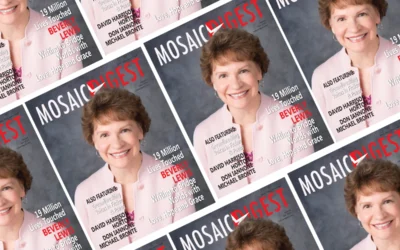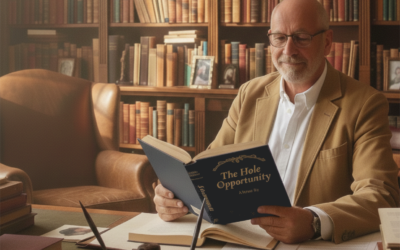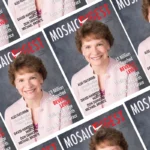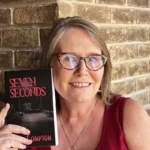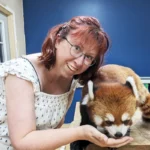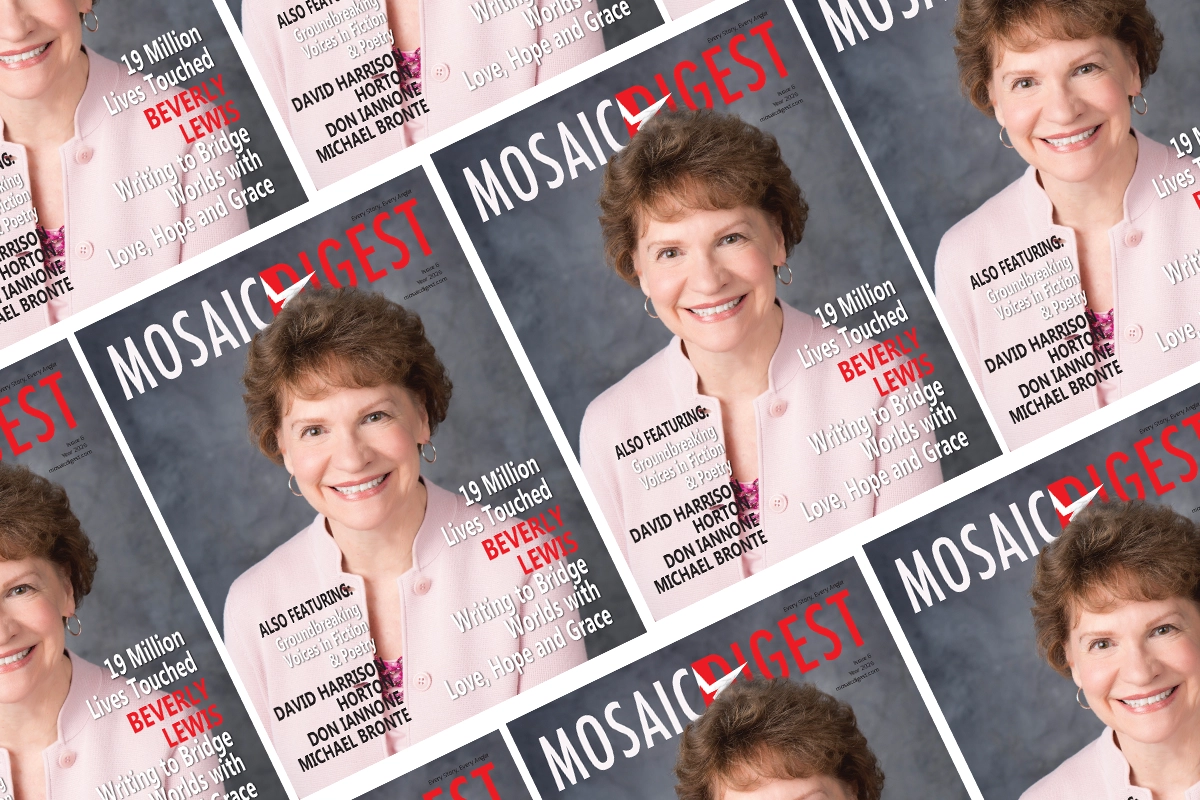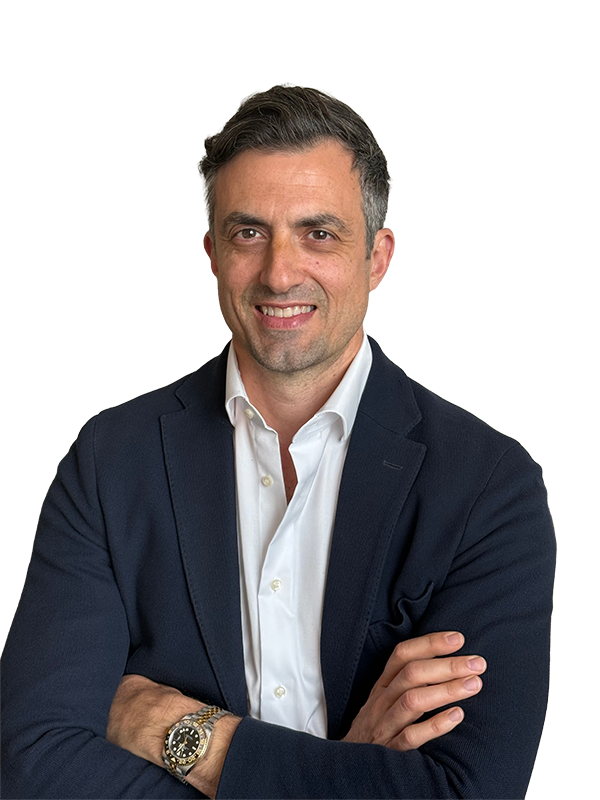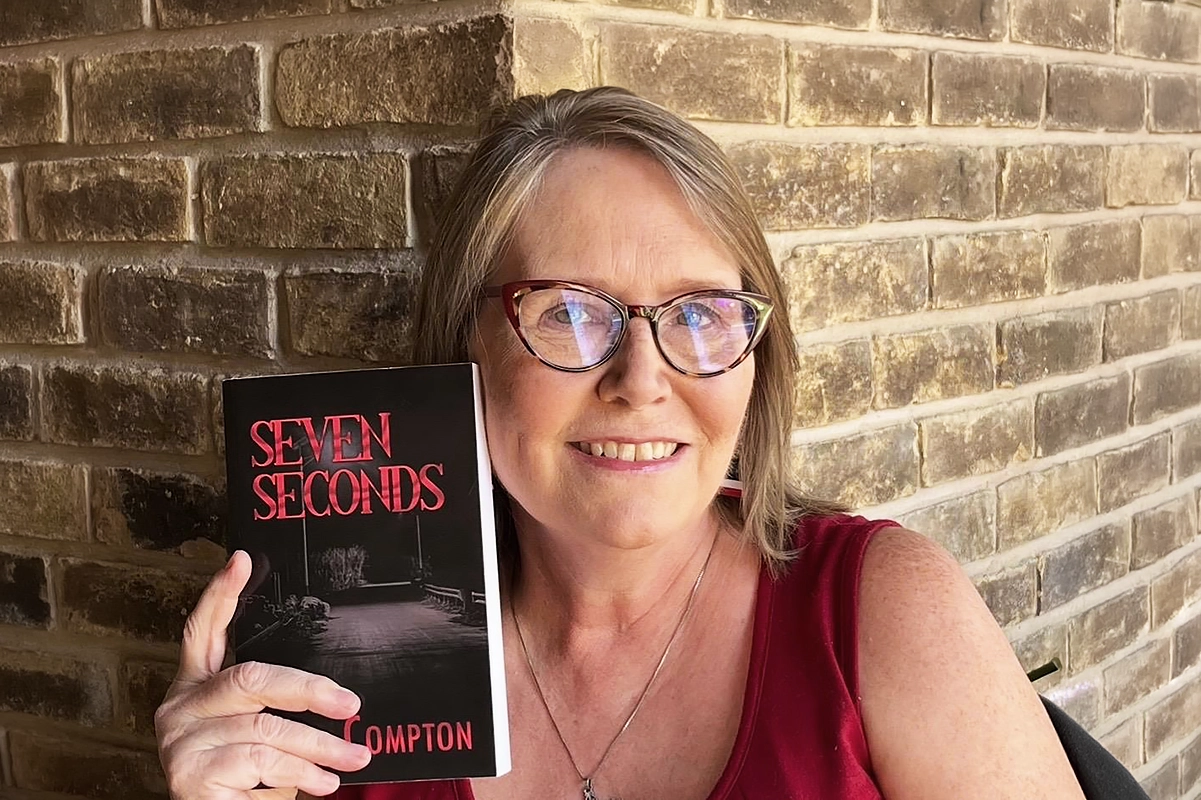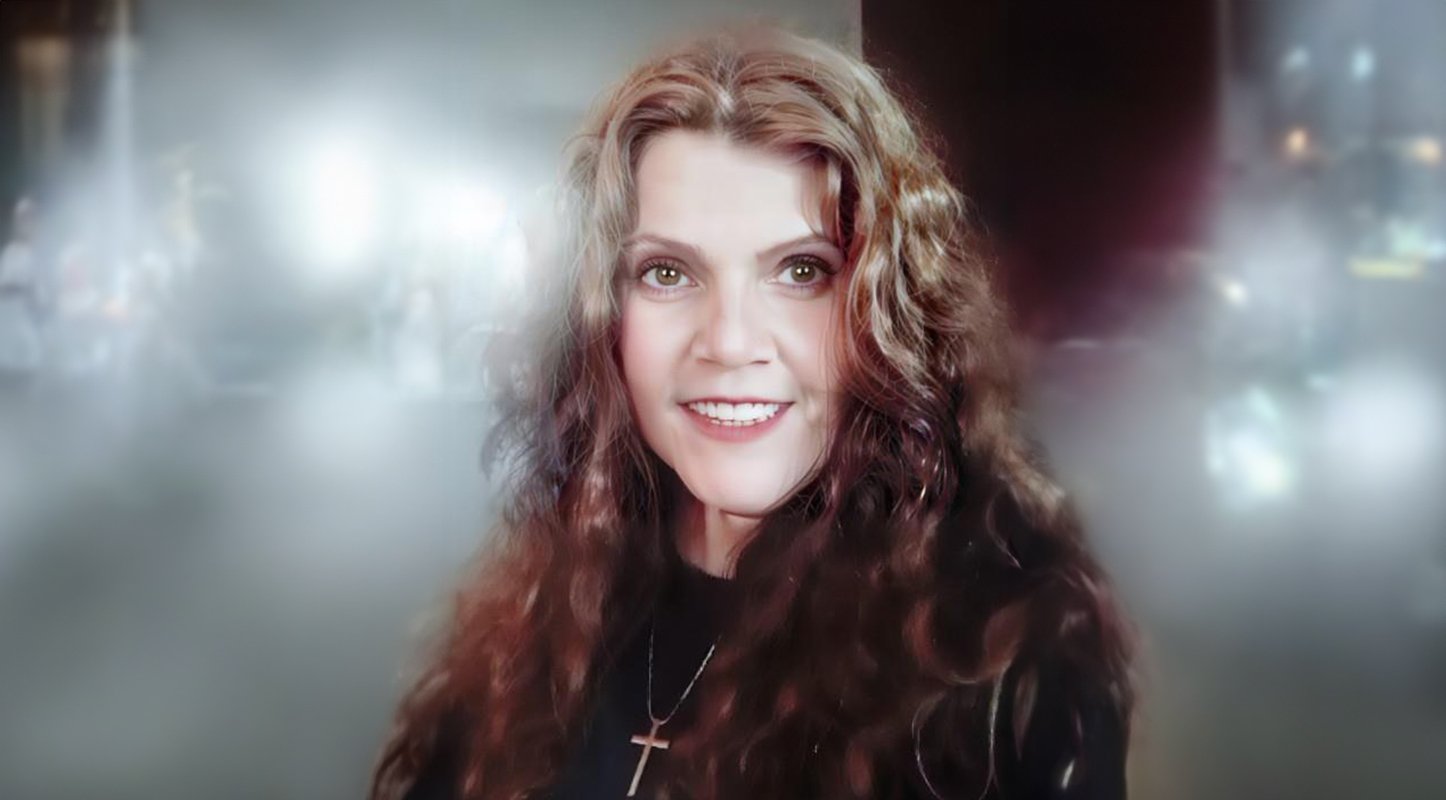Eddie J. Morales Brings Horror To Life With Emotion, Innovation, And Imagination
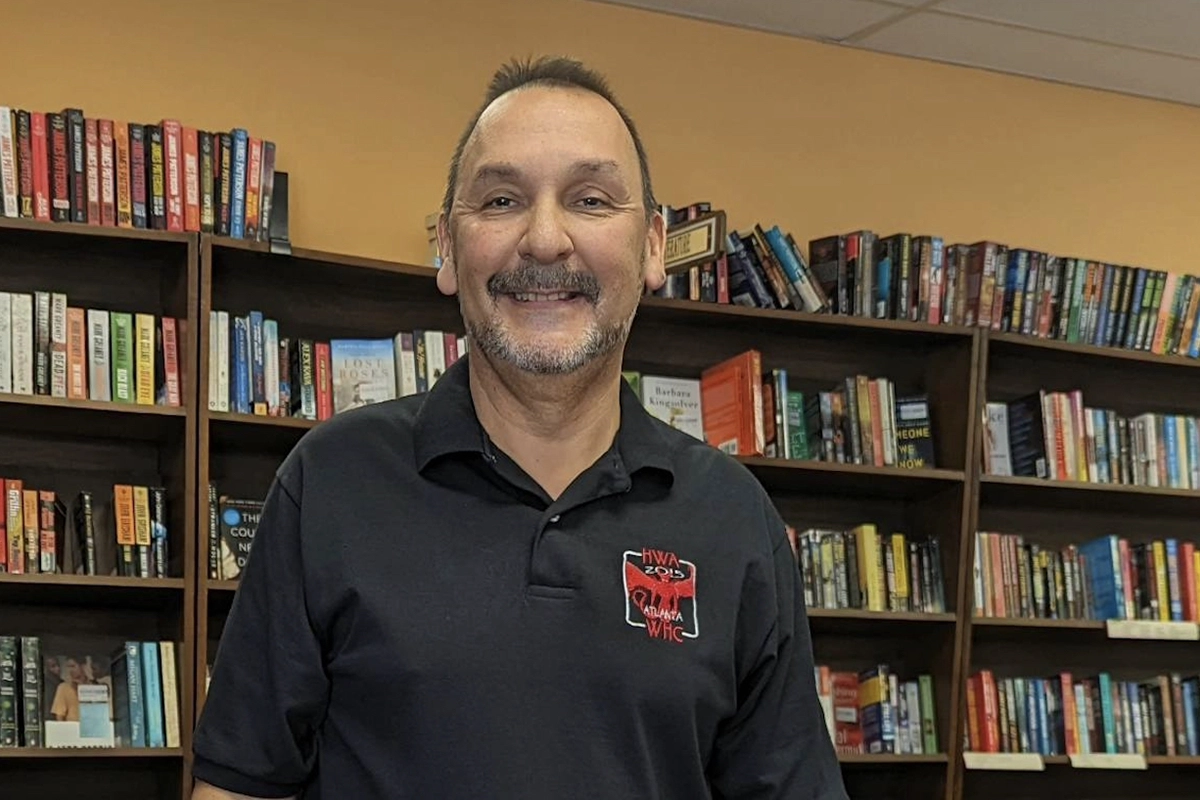
Unveiling A Visionary Of Chilling Fiction
Eddie J. Morales discusses his passion for horror, blending emotional layers with suspense, his unique creative process, and how collaboration and real-world influences shape his genre-defining storytelling.
Eddie J. Morales, a remarkably talented author in the realm of modern horror fiction, has enthralled readers with his uniquely terrifying tales and emotionally complex narratives. A proud member of the Horror Writers Association (HWA), Eddie combines deep creative insight with professional expertise, blending elements of suspense, medical intrigue, and chilling visualizations that make his works feel like a cinematic experience. With five outstanding books to his name, Eddie’s journey from crafting his first short story in high school to becoming a celebrated name in the horror genre is truly inspiring.
Through his imaginative ingenuity, Eddie has given life to unforgettable works like Dreaded Tales: A Short Horror Story Collection and Zombie Mom. His ability to merge heart and horror is striking, particularly in Zombie Mom, where the essence of maternal sacrifice is powerfully juxtaposed with zombie lore. Notably, Eddie’s contribution to anthologies, such as Phantom Menagerie, elevated his profile within the community, earning buzz and admiration with “The Casket Bookcase,” a dazzling story woven from the spine-chilling inspiration found during haunted tours.
In this exclusive feature, Mosaic Digest Magazine is honored to sit down with Eddie J. Morales to explore his creative processes, the personal connections behind his narratives, and the fascinating intersections between his education, experiences, and the horror genre. Join us as we celebrate the chilling brilliance of Eddie’s imagination and his impactful contributions to contemporary horror literature.
Your passion for writing began in high school with “The House of Death,” which later became part of Dreaded Tales. How did that early classroom success shape your confidence and trajectory as a genre writer?
When I received admiration from my classmates and English teacher for writing the story, the achievement sparked my interest in continuing with writing horror fiction. At that age, I already loved watching scary movies and television shows, which filled my imagination with creepy ideas. I later put the mindsets on paper and developed them into short horror stories. Thus, the early experience provided me with the inspiration I needed to continue my journey throughout the years, ultimately leading to the self-publishing of my books.
With a background in English Creative Writing and a Master of Health Administration, you blend creative and analytical thinking. How has your education influenced the themes and structure of your horror storytelling?
My education and experience in the healthcare profession have inspired my writing by blending what I learned in college and at work to develop my writing style of visualization. Readers often state that reading my stories is like watching a movie. In addition, many of my storylines incorporate pharmaceuticals and medical jargon, which create suspenseful scenes. Many can relate to such matters in their lives.
You’re a member of both the Horror Writers Association (HWA) and the HWA Florida Chapter. What impact has been a part of these communities had on your work, growth, or advocacy within the horror genre?
Being a member of both groups has positively influenced my horror writing. Concerning HWA, the organization offers resources, such as guidance on protecting your work and copyright information, which has helped me grow by understanding the business of writing and publishing. The HWA Florida Chapter is a fantastic group of individuals. The leaders do an excellent job coordinating monthly meetings. They keep members informed about current events while also offering meaningful writing workshops. It has helped me tremendously in building friendships with other writers with similar aspirations. I get to share my accomplishments and ask for support when needed in meeting my personal goals.
In Zombie Mom, you explore the deeply unconventional bond between a mother and her undead child. What inspired this emotionally layered twist on the zombie genre, and how did you balance horror with maternal instincts?
The concept of writing Zombie Mom came from a couple of circumstances. One was the loving relationship I had with my mother as a child. She would sacrifice to do anything necessary to take care of my two siblings and me. The other was my fascination with zombie movies, books, and TV shows. Both situations inspired me to write a story incorporating a mother’s love for her baby, protecting him no matter what, even though he was born a zombie.
The story takes us from Georgia to Santa Fe, New Mexico, and includes elements of CDC and Homeland Security involvement. What research did you conduct to portray the institutional response to biothreats authentically in your narrative?
The research I conducted on the CDC and Homeland Security involved the types of training and responses that the government agencies provide in disaster preparedness. It includes precautionary measures involving individuals, such as isolation from the general public and monitoring their overall health. Though it may seem far-fetched that an actual zombie apocalypse emergency would happen, the current training offered to the staff of the agencies does help in dealing with other catastrophic events involving citizen casualties, including biological terrorist attacks.
Your short story “The Casket Bookcase” in Phantom Menagerie was on the recommended reading list, receiving Bram Stoker Award® buzz. How did this collaboration with other writers and the experience of writing-based inspiration tours influence your creative process?
It was an honor for my story to be placed on the recommended reading list on the Horror Writers Association website last year. It was the first time one of my stories was selected for an anthology, and collaborating with fellow talented writers was a pleasant experience. Each of us visited the haunted house, chose an item, and wrote a story based on the piece. The bookcase shaped like a casket caught my attention, inspiring me to write a scary story depicting where the item originated and how it made its journey to the house, leaving behind a body count. The creative process

